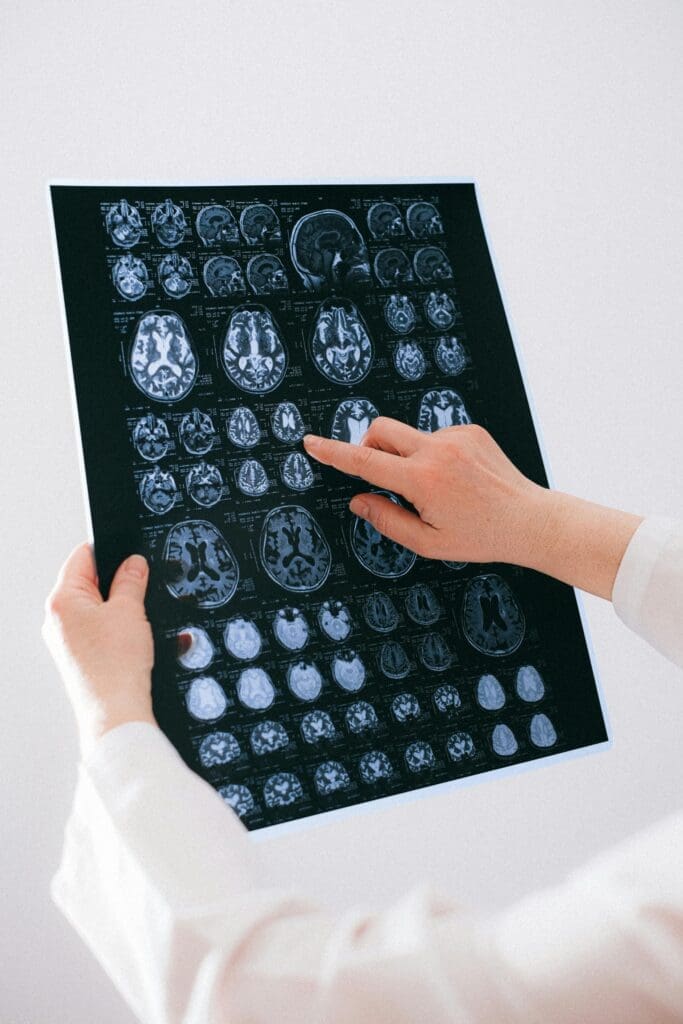New findings on CKD and encephalitis: Silke Zimmermann receives Ivar Trautschold Prize
Tonight, Dr. med. Dr. rer. Silke Zimmermann, senior physician at the Institute of Laboratory Medicine, Clinical Chemistry and Molecular Diagnostics at Leipzig University Hospital, has been awarded the prestigious Ivar Trautschold Young Investigator Award of the German Society for Clinical Chemistry and Laboratory Medicine (DGKL). The award ceremony takes place as part of the MedLab Awards in Leipzig and recognizes her groundbreaking work on the mechanisms of cognitive impairment in chronic kidney disease (CKD). The prize, which honors young researchers for outstanding contributions in clinical chemistry, underlines Zimmermann’s innovative approaches in the study of microglial activation and inflammatory processes in the brain.

The award-winning publication “Chronic kidney disease leads to microglial potassium efflux and inflammasome activation in the brain”, recently published in the journal Kidney International (DOI: 10.1016/j.kint.2024.06.028), sheds light for the first time on a detailed mechanism of how CKD leads to cognitive deficits. Under the direction of Zimmermann and Prof. Dr. Berend Isermann from Leipzig University Hospital, the researchers show that CKD makes the blood-brain barrier more permeable, which leads to potassium outflow from microglial cells. This potassium efflux activates the inflammasome, promotes the maturation and release of interleukin-1öý (IL-1öý) and finally disrupts neuronal potassium homeostasis via IL-1 receptor-1 (IL-1R1) on neurons.
CKD, a common condition, increases the risk of cognitive impairment and dementia at all stages. Kidney transplants often reverse these deficits, indicating reversible mechanisms. Zimmermann’s team used mouse models (including 5/6 nephrectomy for CKD induction and neuron-specific IL-1R1 knockout mice), single-cell analyses (single-nuclei RNA sequencing and thallium autometallography), human samples, and in vitro experiments to show that uremic conditions disrupt the barrier function of brain endothelial cells. In microglial cells, this leads to calcium dyshomeostasis, increased potassium efflux via the calcium-dependent channel KCa3.1 and p38-MAPK-mediated IL-1öý maturation.
Key finds:
- BBB disorder: Uremic plasma increases permeability in vitro (dextran permeability) and in vivo (Evans Blue extravasation), which allows uremic toxins to enter the brain.
- Microglial activation: Increased potassium efflux (TlAMG staining) and morphological changes (larger somata, shorter processes) in CKD mice and human brain samples.
- Neuronal dysfunction: Conditioned medium of activated microglial cells reduces neuronal potassium uptake; this is prevented by IL-1R1 blockade (anakinra) or genetic deletion.
- Therapeutic approaches: The KCa3.1 inhibitor TRAM34 reduces microglial activation and improves cognition in CKD mice. Anakinra, a clinically approved IL-1R antagonist, has a similar effect.
The study emphasizes that CKD-induced cognition can be treated by blocking microglia-neuron cross-communication, with potential for drugs such as senicapoc (tested in Alzheimer’s disease).
Zimmermann’s research, which was conducted without financial conflicts, integrates multidisciplinary methods and opens doors for personalized therapies for CKD-associated cognitive disorders. Experts see this as a milestone for laboratory medicine that improves patient safety and quality of life. The complete publication is available under the DOI mentioned above.
Further information:
Editor: X-Press Journalistenbû¥ro GbR
Gender Notice. The personal designations used in this text always refer equally to female, male and diverse persons. Double/triple naming and gendered designations are used for better readability. ected.




